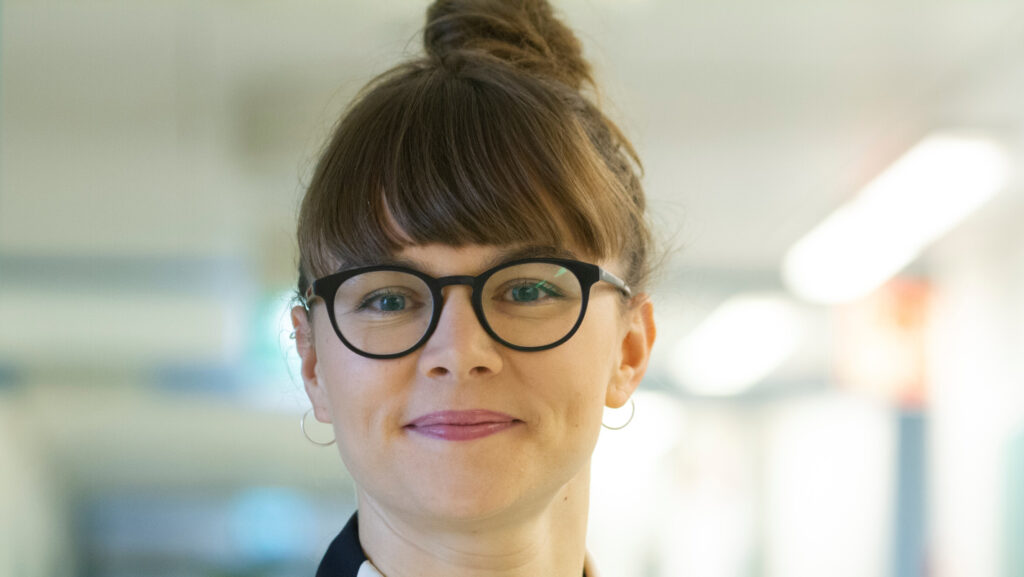
Most research on cellulose has so far been carried by forest engineers, but an award-winning young researcher is part of a new generation of chemists taking interest in cellulose.
The field of what can be done with wood-fibre, from which cellulose originates, continues to expand to substitute fossil-based materials. It also offers solutions to some of the issues created by these materials.
Last year, Ilona Leppänen, a 30-year-old researcher was one of three young researchers awarded in the biennial Blue Sky Young Research & Innovation Award global competition of the ICFPA, for her research on a nanocellulose film that works as a selectively permeable membrane that could filter the microplastics from the water flowing through it.
Solving global challenges
Microplastics are well-known source of environmental pollution and even a source of pressure on our planetary boundaries. They have recently made headlines for their capacity to integrate into organisms, including humans.
Nanoplastics’ effects are particularly worrying, as they disrupt the ocean ecosystems at the basis of the global food chain. Because of their small size, no good water filtering solution existed for them until now.
Leppänen’s work, housed by Finnish research institute VTT, could find applications at industrial level, or simply work as a standard part of washing machines, tackling the issue of plastic-based fibres escaping into the washing water and capturing nanoplastics at the source before they reach the ocean. The work is now being carried by other young researchers at VTT, actively searching for new funding opportunities at EU level to bring the research to market.
Focus on packaging
Her own research continues within VTT’s Biomass processing and products Research, which counts 150 people working in different teams specialised in different fields, with now a new focus on cellulose-based food packaging applications as part of consortium with the Spanish-based Tecnalia institute.
“My work in the future will focus on cellulose-based materials as alternative to plastics, to address this global challenge,” says the young researcher. “We are certainly following developments at EU-level in this area, one key aspect being the natural ability of our products for biodegradation.”
But Europe is not the only part of the world where research in this area is being pushed, with United States recently foraying into biomaterial-supporting policies. A bit more than one year ago, the US Government published an Executive Order on advancing biotechnology, biomanufacturing and the bioeconomy, and in March this year, published a series of ‘bold goals’ for these same sectors.
“We are well aware at what is happening in these parts of the world too”, Leppänen says, “while we are focusing on Europe we are also expanding our collaboration with the USA. The issues we are trying to tackle are not just European, but global”.
.